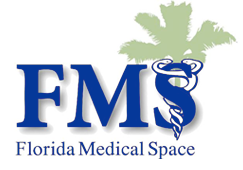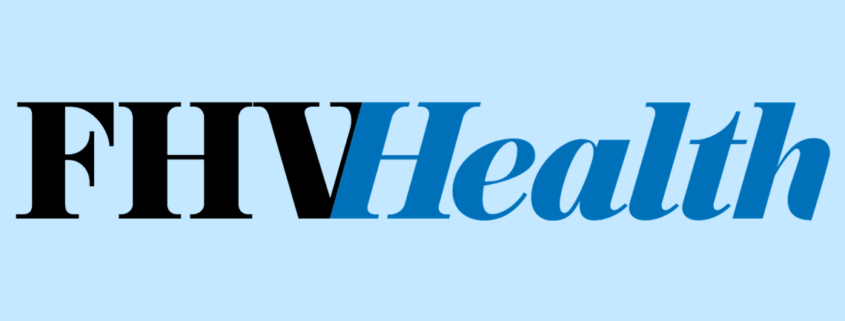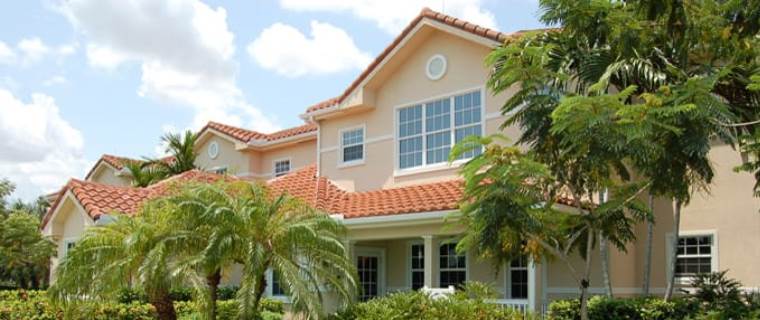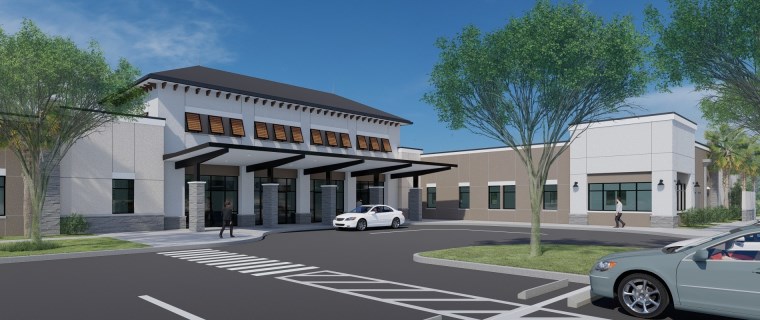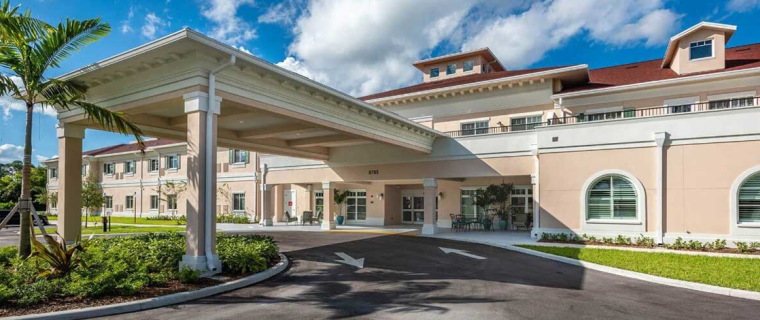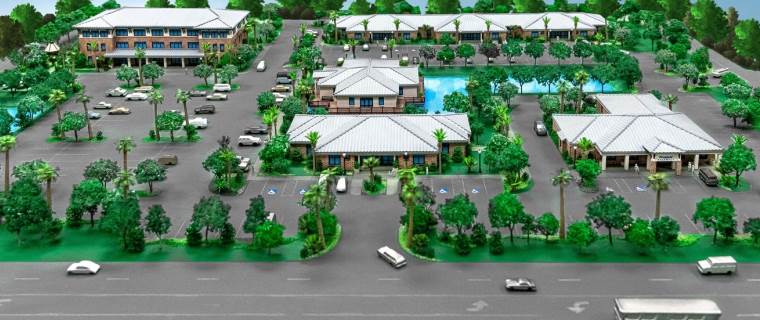Orlando Health has made its first acquisition of 2021.
The nonprofit health care system — which has $7.1 billion in assets and $4.5 billion in annual revenue — closed a deal to acquire Leesburg-based FHV Health for an undisclosed price. The multispecialty medical group has 19 physicians and 10 locations, including primary care, cardiology practices and urgent care facilities in Lake, Sumter and Marion counties.
The group’s new name is Orlando Health Medical Group FHV Health. The acquisition will expand its presence in those three counties and advance FHV Health’s ability to provide services to patients, said Dr. Jose R. Rosado, vice chairman, in a prepared statement. FHV Health was founded in 1991 by Dr. David Lew, who is chairman. Its specialties include cardiology, general surgery, endocrinology, kidney disease, urology and primary care.
The 3,200-bed Orlando Health system includes 15 wholly-owned hospitals and emergency departments, as well as speciality care across several categories. Nearly 4,200 physicians have privileges across the Orlando Health system, which has about 22,000 employees. In fiscal 2020, Orlando Health served nearly 150,000 inpatients and 3.1 million outpatients.
Click here to read more about this story.
